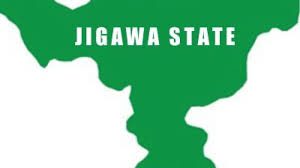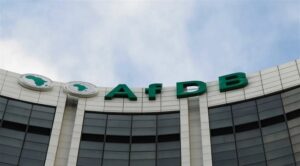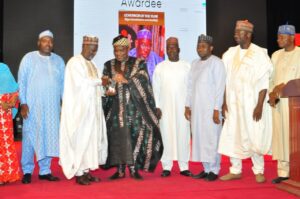Gombe farmers seek training on fish feeds production
Some fish farmers in Dadin Kowa-Kwadom, Yamaltu-Deba Local Government Area, Gombe State have called on the state government to train them on production of fish feeds.
They made the appeal in separate interviews with the Newsmen on Monday in Dadin Kowa.
According to them, the high cost of feeds was making fish farming less profitable as farmers spend more on feed than on any other inputs.
Mr Daniel Maji, one of the fish farmers, told Newsmen that fish feed was the major challenge that farmers in their communities faced, “if we can get cheap feeds that is locally made, it will help a lot.
“If the state government can get experts to train fish farmers in Dadinkowa-Kwadom clusters, it will reduce the high cost of fish farming, boost fish production while increasing the incomes of farmers.”
Maji said before now, a bag of 15kg feeds cost between N4, 000 and N4, 200, but now sells for N5, 200 and above depending on the size of the feeds.
“I just bought top feed at the rate of N8, 000 per 15kg bag and this before now was sold for around N6, 000. This is the challenge, especially when you are buying in large quantities,” he said.
He added that the state government should also assist fish farmers on how best to process and better package fish, “so that farmers can take them to other parts of the country to sell.”
Mr Ezra Amos, a 70-year-old farmer, said feeds was an important component of fish farming and that if the right feeds was not used, a farmer may incur serious losses, hence the need for such training.
“We use foreign feeds because they make our fish grow faster. I buy Coppens 15kg for N13, 000 as against N8, 000; the other feed which was N4, 200 is now N5, 350,” said Amos.
He said foreign feeds were expensive; hence the locally-made ones which could be used by farmers and were not produced in Dadin-Kowa community should be produced in the community.
According to Mr Alkali Jonah, a fish farmer from the Dadinkowa-Kwadom cluster, feeding takes 75 per cent of the total production, “so when you don’t know how to feed it may be a big challenge.”
Jonah stated that fish farmers in the cluster needed training in the area of formulation of feeds through locally-sourced ingredients as this would reduce the huge amount spent on feeds.
He also called on the state government to invest in fish farming by leveraging on the comparative advantage of Dadinkowa-Kwadom as a tool for employment generation as well as crime reduction in the state.
“If the state government can invest in the youth in terms of agriculture, especially fish farming, it will come to a time that even the government would be relieved from the pressure of employment.
“If government can empower youths with training on fish farming, give them startup capital, it will go a long way in reducing the number of our youths who roam the streets daily doing nothing,” he said.




